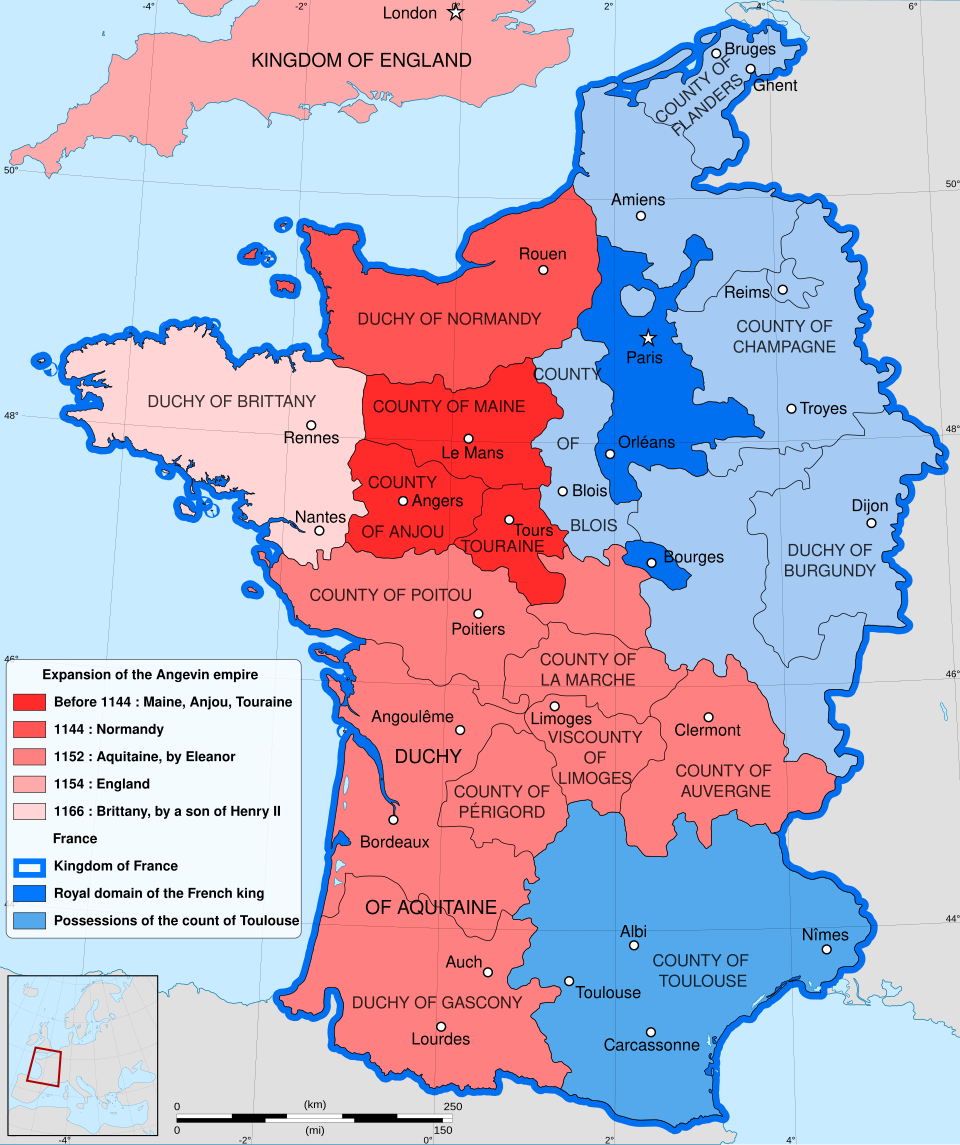February 11, 1945 - The Yalta Conference
- James Houser
- Feb 11, 2020
- 3 min read
Updated: Jun 1, 2021
February 11, 1945. The three most powerful men in the world part for the last time. The Yalta Conference is over, and Franklin D. Roosevelt, Winston Churchill and Joseph Stalin leave to see their nations through the final months of World War II.
Much ink has been spilled over Yalta, so I'll keep this post brief.* (for me) Yalta, a resort town on the Crimea, was the site selected for the Big Three to meet and discuss the shape of post-Nazi Europe. Germany was on its last legs, and the Western Allies from the west and the Soviets from the east were slowly squeezing it to pieces. These two factions, though, were already sizing each other up for the inevitable disputes that would come after Hitler was gone.

Yalta was a good place for the Soviets to have the Conference and a bad place for everyone else. The KGB had bugged most of the rooms, the Soviets engaged in subtle deceits and psychological tricks throughout the Conference, and the climate was bad for Roosevelt's health. FDR was already in poor shape by the time he got to Yalta, and wasn't as sharp or firm as he had been. He would be dead within three months.

One big result of the Conference was a promise from all parties that the people of Europe could "create democratic institutions of their own choice." Within the next few years, the Soviets would violate that promise with remarkable ease, overthrowing most of the native governments of Eastern Europe and replacing them with Soviet-backed puppet regimes. This was particularly egregious in the case of Czechoslovakia, which had freely elected a socialist government; these socialists were not Red enough for the Russians, and most of them were murdered and displaced. (Of course, neither the USA nor the UK respected elected governments much outside of Europe.)
The shape of Germany was also set in stone. Germany would be denazified and demilitarized. Its reparations to the Allies would at least partly be taken up by the forced labor of German prisoners of war, which was already well underway in the USSR. Many Germans would not return home until 1955.

Poland would remain under the Soviet-backed regime - a bitter pill to swallow for Churchill and Roosevelt. The land the Soviets had seized in 1939 would remain in the USSR, while Poland would be compensated with German land - former Silesia and Pomerania, detached forever from Germany. Stalin promised that he would allow free elections in Poland - another promise he would quickly break.
The reason the Western Allies gave all these concessions to Stalin was for a major chip they thought was important at the time: Soviet agreement to enter the war against Japan two months after the war in Europe was over. Stalin played hard to get with this, but he always intended to enter the war and claim his just spoils; if he could get something for it, so much the better.
As it turned out, the Allies didn't need the Soviets to defeat Japan. Even without atomic bombs, Japan was devastated from the air, its navy sunk, its army defeated, and its islands starving from the American blockade.
Yalta is one of the most controversial of all diplomatic meetings for these reasons. It is often described as the "surrender of Eastern Europe to the Soviets." That's not too far from the truth. Churchill, increasingly the weakest of the Big Three politically, had no chips to play at the Conference. Roosevelt, ailing, dull, and ultimately more concerned with preserving peace than preparing for confrontation, genuinely believed he was assuring a friendly relationship with the Soviets after the war, and believed that he was gaining a major concession by wringing Stalin's Japanese offensive out of him. It's hard to blame Roosevelt for being in his weakened state, though it is a bit difficult to forgive his naivete.
Yalta, meant to ensure the new world peace, set the tone for a global conflict reminiscent of the old world order. The seeds that would flower into Cold War were laid at a resort town on the Black Sea.
Book Recommendation: Fraser J. Harbutt's Yalta 1945: Europe and America at the Crossroads (Cambridge: Cambridge University Press, 2010) or Serhii Plokhii's Yalta: The Price of Peace (New York: Viking Press, 2010).






Comments